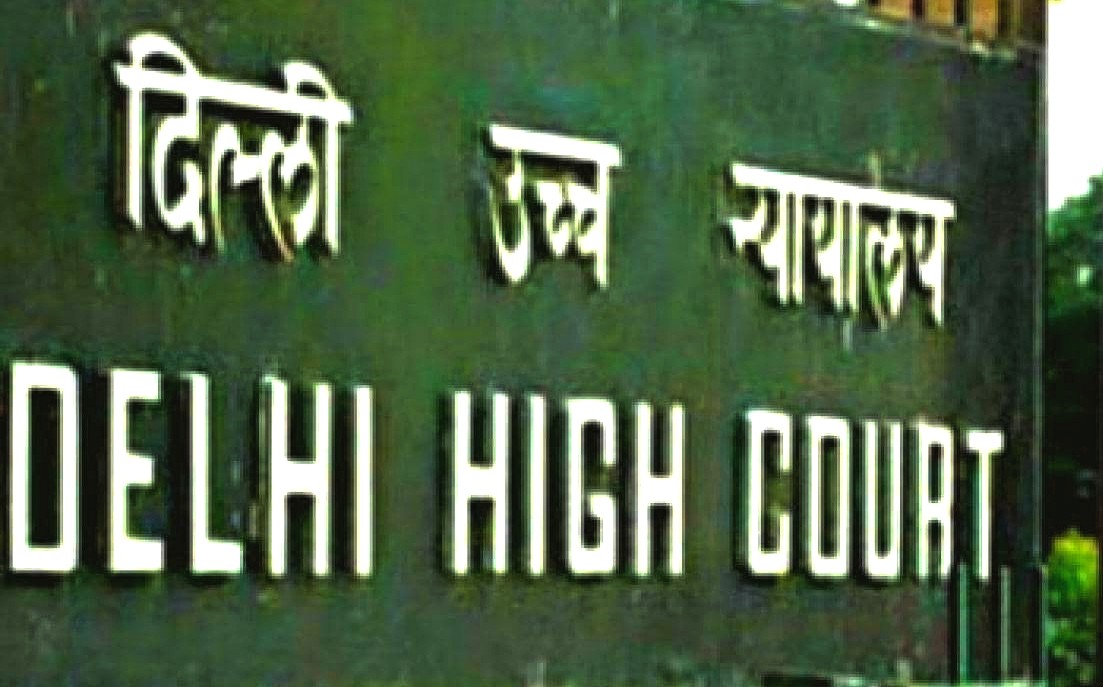Document may be admissible but whether entry contained therein has any probative value may still be required to be examined: P&H HC

Read Order: Naveen v. State of Haryana
Monika Rahar
Chandigarh, January 5, 2022: While dealing with an appeal in an alleged case of rape, the Punjab and Haryana High Court has reiterated the distinction between the admissibility and the probative value of a piece of evidence.
The Division Bench of Justice Ajay Tewari and Justice Pankaj Jain observed that a document may be admissible but as to whether the entry contained therein has any probative value may still be required to be examined.
In this case, a 14-year-old girl was allegedly enticed away and raped by the accused- appellant. On the complaint of the prosecutrix’s father (complainant) an FIR was registered under Section 363/366-A of IPC and Section 4 of the Protection of Children from Sexual Offences Act, 2012. But before the Trial Court, two main prosecution witnesses (the prosecutrix and her father) turned hostile by claiming that there was no rape and that the prosecutrix was in fact a major.
It was also claimed that the age of the prosecutrix was reduced by her father in her school records for admission purposes. The Trial Court, however, relied on the medical evidence, which showed traces of the appellant’s semen on prosecutrix’s underwear. The trial court further held that the oral version regarding prosecutrix’s age could not be preferred over the school record and consequently, the appellant was convicted and sentenced. Hence, this appeal before the High Court was filed by the accused.
The appellant’s counsel argued that the school records lost their probative value because the prosecutrix’s age was lowered from 19 years to 14 years in her school records solely on her father’s oral statement without asking for any documentary proof of her age (like a birth certificate). It was further stated that the appellant was also minor at that time but was certified to be tried as an adult.
On the contrary, the State counsel argued that the prosecutrix and her father turned hostile because they were won over by the opposite party and thus their statements about the prosecutrix’s age should not be preferred over the age recorded in her school records. It was argued that since the date of birth in school records was entered many years ago, it should be presumed that the same was correct. Further, he relied upon Section 35 of the Indian Evidence Act to support his case.
At the outset, the Court noted that the prosecutrix herself stated that it was a consensual act and the only point of contention that remained was finding prosecutrix’s true age. The Court opined that the State counsel was right in relying upon Section 35 of the Indian Evidence Act qua admissibility of the school leaving certificate.
However, the Court stated,“..it is a settled law that admissibility of a document is one thing and the probative value thereof is different.”
The Bench referred to the judgment of the Apex Court in Vishnu v. State of Maharashtra wherein it was held that for determining the age of the child, the best evidence is of his/her parents, if it is supported by un-impeccable documents. In case the date of birth depicted in the school register/certificate stands belied by the un- impeccable evidence of reliable persons and contemporaneous documents like the date of birth register of the Municipal Corporation, Government Hospital/ Nursing Home etc, the entry in the school register is to be discarded.
Applying the above mentioned legal position to the present case, the Court opined that no probative value could be attached to the school leaving certificate and the conviction of the accused/appellant as made by the trial Court and the sentence imposed was not legally tenable.
Therefore acquitting the accused/appellant, the High Court allowed the appeal.
Sign up for our weekly newsletter to stay up to date on our product, events featured blog, special offer and all of the exciting things that take place here at Legitquest.




Add a Comment